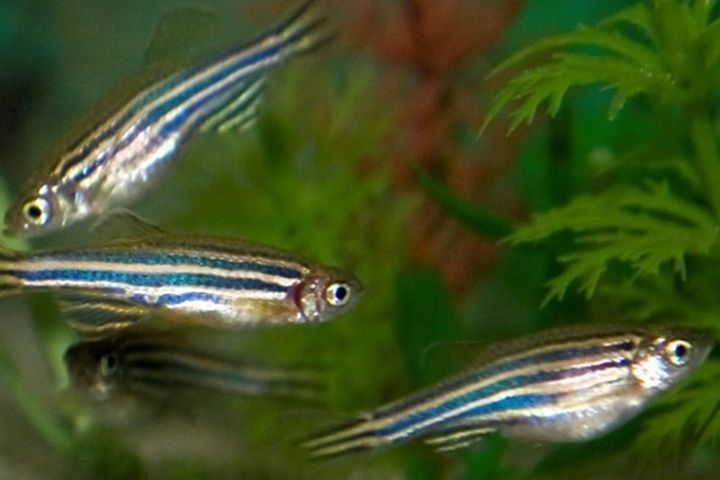Molecular Aquatic Toxicology
About this group
Group information
Contact
Research subject
Research environments

The Molecular Aquatic Toxicology (MAT) research group investigates how environmental pollutants influence aquatic organisms at the molecular, cellular, and ecological levels. We aim to understand how stressors such as PFAS, heavy metals, microplastics, and chemical mixtures, combined with climate change, affect aquatic life and human health.
Our research centers on the long-term and transgenerational effects of pollution, using the zebrafish (Danio rerio) as a main model organism due to its strong genetic and physiological similarities to humans. We investigate physiological and phenotypical alterations, including neurobehavioral changes, to link molecular disturbances with organismal outcomes. Complementary cell-based bioassays help us uncover the cellular mechanisms of toxicity and the synergistic or antagonistic effects of complex environmental mixtures such as sediments.
A key focus of our work lies in environmental epigenetics — studying how pollutants modify gene expression and how these changes can be inherited across generations. Using CRISPR-based approaches, we explore how specific epigenetic modifications contribute to the regulation of toxicological responses and adaptation.
We integrate advanced molecular tools such as gene expression profiling, epigenomics, metagenomics, bioaccumulation assays, and machine learning to identify biomarkers that predict long-term risks. Our field and laboratory studies together ensure both environmental relevance and mechanistic insight.
Through collaborations with international research institutions, regulators, and industry partners, MAT contributes to improved environmental risk assessments, ecosystem protection, and sustainable policy development.
Research projects
Active projects
- CoLiBRI - Cobalt and Lithium speciation, toxicity, and Bacterial community Regulations at the sediment-water-Interface
- Deciphering the co-effects of response to climate changes and perfluoroalkyl substances on the zebrafish
- Fish & Cocktails
- Mixture-Risk
- RESPONSE - Towards a risk-based assessment of microplastic pollution in marine ecosystems
- SEASON - Seasonal variation of the fate, availability, and toxicity of priority pollutants at the sediment-water-interface
- Transgenerational Effects of Pollutants
- Water challenges in sustainable planning and built environment (WATCH)





